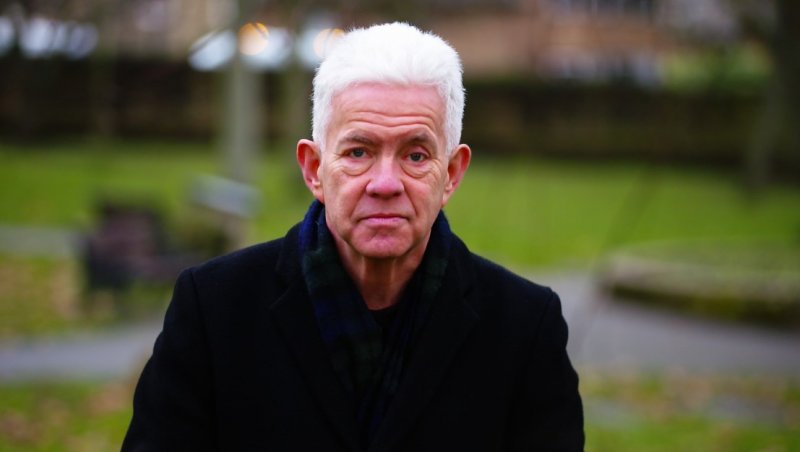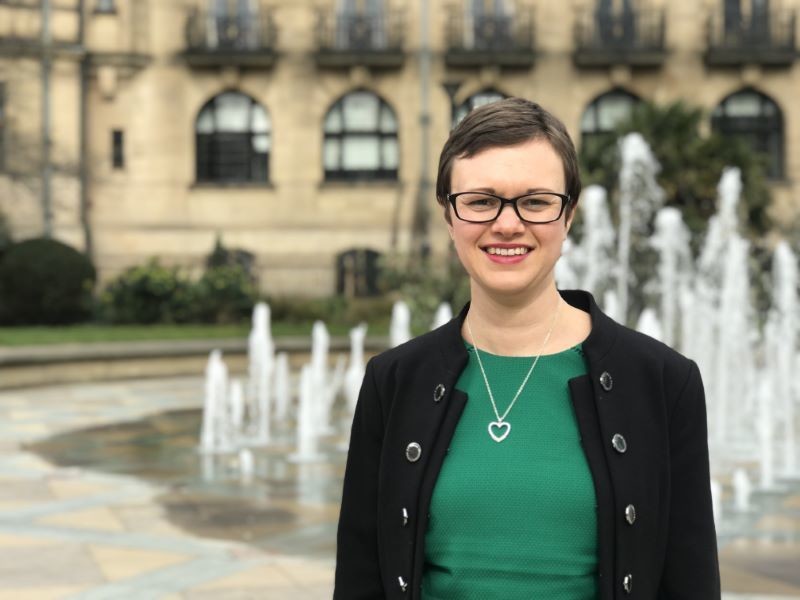NO more double yellow lines or any other parking restrictions will be imposed by Barnsley Council because of austerity cuts, the authority has confirmed, forcing communities to look elsewhere for answers to traffic congestion problems.
The council has blamed the Department of Transport, which, it says has: “Substantially reduced the moneys available to the council for all highway matters.
“This in turn has led to the dedicated budget for parking restrictions, including yellow lines, being reduced the zero.
“The only money available for traffic measures is the road safety budget and this is targeted to sites on a ‘worst first’ basis.
The information was released in a written answer to questions raised by Penistone West ward Coun Hannah Kitching at a recent meeting of Barnsley Council.
She raised the issue of concern among residents in the area that there was “absolutely no funding available for small traffic schemes, even when problems exist that clearly need funding”.
In her ward the junction of The Green and Mortimer Road, Penistone, has been a source of frustration for residents who would like a Traffic Regulation Order imposed on the area, allowing parking restrictions to be enforced.
Attempts to raise the money for that scheme likely to run into thousands of pounds have been made through the Penistone Ward Alliance, but have been rejected by that organisation.
The alliance is made up of councillors and unelected members of the community, who have a budget derived from Barnsley Council to spend on improving the area.
Coun Kitching also suggested making attempts to reduce the costs around TROs, through processing multiple numbers at the same time, “taking advantage of the economies of scale in respect of joint advertising, legal and staff costs.”
According to the council, work has already been done to streamline the process as far as possible, but the authority is bound to follow certain legal procedures to ensure that when finalised, TROs cannot be challenged in court.
Coun Kitching was also told there is very little prospect of The Green qualifying for funding from the highway safety budget because police statistics showed no records of accidents involving injuries there in the last 19 years, meaning it could not be added to the council’s list of ‘worst first’ locations needing attention.
There are limited options for finding funding for traffic schemes beyond those which are seen as the borough’s worst blackspots and which supported with funds from ward alliances.
The council gets an income from Section 106 payments, money provided by housing developers to offset the impact of new homes on communities, but spending rules mean that cash cannot be used for TROs, unless an agreement to use the money on highways was spelled out in any agreement reached over individual payments.
Coun Kitching is now suggesting that area councils each be given a small annual budget for highway schemes, allowing those bodies to prioritise for action the locations in their districts which cause the most problems for residents.




























